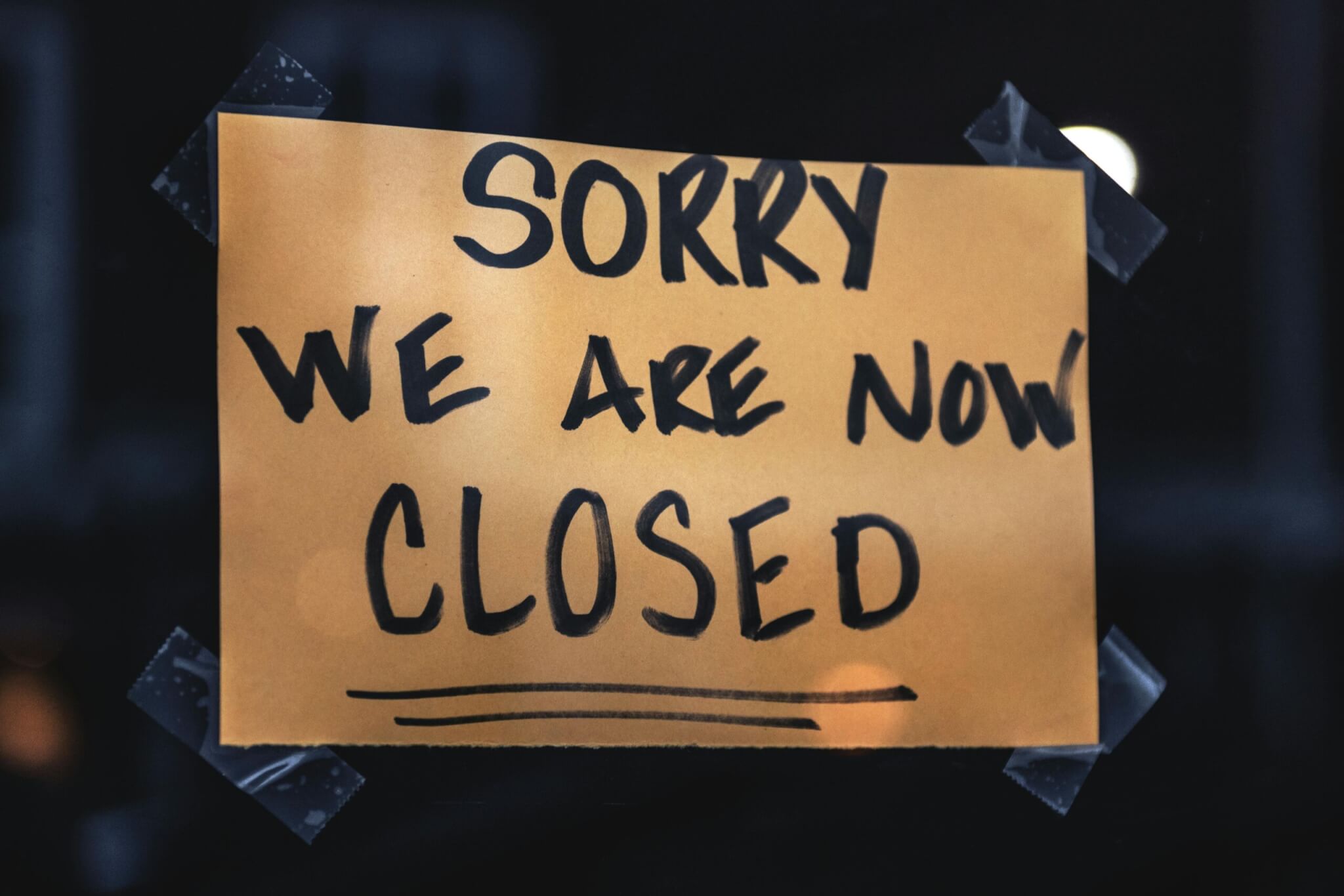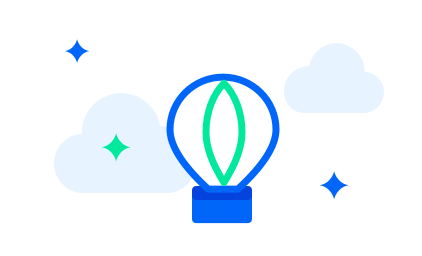Dec 16, 2024
8 min read
11 Reasons Why a Small Business May Fail
Starting a small business is an exciting venture, but it’s no...
Read story

For aspiring business owners, securing adequate financial support can often be a challenge. One of the most reliable options for small businesses is the SBA 7(a) loan, offered by the U.S. Small Business Administration. This loan program provides critical funding to help businesses grow, expand, or sustain their operations. However, before applying, it is important to understand the specific requirements needed to qualify. In this article, we will explore the key eligibility criteria, including necessary documentation, creditworthiness, and operational history. By understanding these requirements, you’ll be better equipped to navigate the application process and secure the financial support your business needs.
To qualify for an SBA 7(a) loan, businesses must meet specific eligibility criteria. These requirements ensure that the loan program supports small businesses that need financial assistance. The criteria are divided into three main categories: borrower eligibility, business eligibility, and loan purpose.
To be eligible for an SBA 7(a) loan, borrowers need to meet the following conditions:
Businesses seeking an SBA 7(a) loan must also meet the following criteria:
The loan funds must be used for SBA-approved purposes, which include:
Applying for an SBA 7(a) loan requires careful preparation. Below is a breakdown of the key requirements and steps to help you get started.
Before applying, you will need to gather important business and financial documents. These typically include:
Having these documents ready ahead of time will streamline the application process and improve your chances of approval.
Both personal and business credit scores will play a key role in the loan decision process. Most lenders require a personal credit score of 650 or higher, though stronger scores (680 or above) improve your chances. Business credit may also be evaluated, especially for larger loans. Checking your credit reports for accuracy before applying can help you avoid any surprises.
A comprehensive business plan is crucial for increasing your loan approval odds. Your plan should outline your business strategy, market analysis, financial projections, and how you plan to use the loan. Lenders use this document to assess the viability of your business and your ability to repay the loan.
In addition to general documentation, the SBA has specific eligibility criteria for 7(a) loans. These include:
Taking the time to carefully review these requirements and gather all necessary documentation will make the process smoother. If your case is more complex, consulting with an expert may be beneficial.
To streamline the process of applying for an SBA 7(a) loan, make sure to gather the following documents and information:
Additional SBA forms may be required based on the specific use of proceeds or fees paid by the applicant to a loan package, broker, or agent.
While the SBA 7(a) loan program supports a wide range of small businesses, certain types of businesses are ineligible. Knowing these exclusions can help save time and resources for businesses seeking financing.
Businesses primarily involved in lending activities, such as banks, finance companies, payday lenders, life insurance companies, and factors, are not eligible for SBA 7(a) loans. This exclusion exists to avoid conflicts of interest and the potential economic risks associated with these businesses.
Passive businesses, which generate income primarily from ownership of assets rather than business operations, are ineligible. This includes real estate investment companies, rental property businesses, and businesses solely involved in buying and selling real estate for profit. However, small businesses that lease or rent part of their property and derive no more than one-third of their revenue from these activities may still qualify.
Businesses involved in speculative ventures, such as real estate speculation or stock trading, are excluded from SBA loans. Additionally, businesses engaged in high-risk activities like pyramid schemes or multi-level marketing (MLM) are also ineligible.
Certain types of businesses are excluded due to concerns over public policy. This includes gambling establishments, adult entertainment industries, and businesses engaged in illegal activities. Additionally, businesses that derive more than one-third of their gross revenue from packaging SBA loans for other companies are not eligible.
The SBA’s goal is to support economic growth within the United States, which means foreign-based businesses and non-profit organizations are not eligible for SBA 7(a) loans. Only for-profit businesses operating primarily within the U.S. or its territories qualify.
The SBA 7(a) loan is a versatile financial solution designed to accommodate a wide range of business needs. Below are some key uses of the loan, each deserving of particular attention due to their potential impact on business success.
One of the primary uses of SBA 7(a) loans is to enhance a small business’s working capital, which is the lifeblood of day-to-day operations. By bolstering the working capital, businesses can ensure smooth operations by covering expenses such as wages, inventory purchases, and bills. A strong cash flow allows for stability during slower sales periods and fuel growth by making strategic investments.
The SBA 7(a) loan can also be used for buying an existing business. This is often a faster route to business ownership or expansion than starting from scratch. However, remember that the business being acquired must meet SBA’s size standards for small businesses. Also, the lender will likely require detailed financial records and a sound business plan from the prospective buyer.
These loans are a viable option for businesses that want to purchase real estate. This includes buying land or buildings, constructing new facilities, or renovating existing ones. It’s vital to note that to qualify, the business must occupy at least 51% of the property’s total square footage. This stipulation rules out purely speculative real estate investments.
Whether it’s high-tech machinery or office furniture, SBA 7(a) loans can be used to finance the purchase of necessary equipment. Unlike traditional loans, you don’t necessarily need to have the total cost of the equipment up front. However, the equipment must have a long-term useful life and be key to your business operations.
SBA 7(a) loans can be used to refinance existing business debt, provided it improves the business’s financial health. Refinancing is generally allowed when it results in lower monthly payments, longer repayment terms, or a better overall interest rate. However, the existing debt cannot be delinquent, and the refinancing must demonstrate a clear financial benefit to the business.

Dec 16, 2024
8 min read
Starting a small business is an exciting venture, but it’s no...
Read story

Dec 13, 2024
6 min read
Cost of debt is the effective interest rate a company pays...
Read story

Dec 13, 2024
7 min read
Franchising is a business model that combines the independence of entrepreneurship...
Read story

A funding specialist will get back to you soon.
If you can’t hang on then give us a call at (844) 284-2725 or complete your working capital application here.